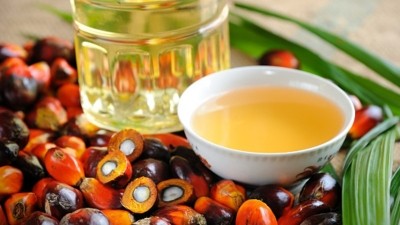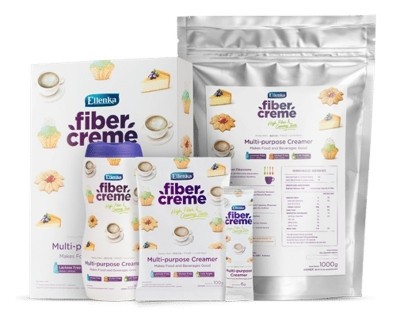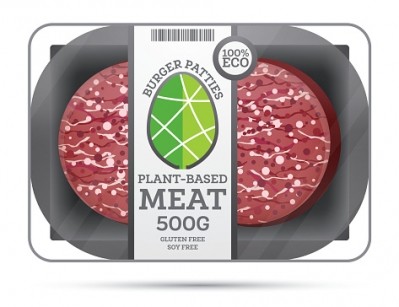Limited access: Indonesia drafts new risk-based rules for imported processed foods

Indonesia has been debating the possibility of introducing new trade controls on imported processed foods into the country since 2021, but has only just announced new draft regulations from the National Agency of Drug and Food Control (BPOM).
One highlight in the new regulations is a risk-based assessment system which would classify food and beverage products into High, Medium High and Medium Low risk categories, each of which would require different certifications and documentations to gain entry into the Indonesian market.
“High risk food items will require a comprehensive evaluation that includes product, labelling and Good Processed Food Production Processing (CPPOB) verification, as well as a prior verification process that will require the company to prove that all the necessary documentation and certifications are in place,” BPOM representative Eka Rosiyati said via a formal video statement.
“For Medium High risk items, only Prior Verification will be needed and for Medium to Low items there could be just labelling analysis without the need for laboratory analysis, or no such processes required at all.”
Only processed foods and beverages in several categories are exempted from the above, including those with a shelf life of less than seven days, those to be used as ingredients and not directly sold to consumers, those packaged in bulk and not directly sold to consumers, those imported in small quantities for testing, research, self-consumption, ready-to-eat food, minimally processed food (e.g. washed, milled, dried, cut, blanched only, etc.) and so on.
All other food and beverage products will need to undergo the risk-classification process once the new regulations are in place, in order to obtain what is formally known as the Business License to Support Business Activities (PB-UMKU) which is compulsory for any local business to be done legally.
“BPOM officers will be the ones to determine what risk level a food product is classified as upon registration with BPOM, [but generally] items with food additives, special nutrition items for specific consumer categories, items making claims on the labels, GMOs, alcoholic beverages and so on are likely to be considered High risk,” BPOM Head Penny Lukito added via a formal statement.
“It is crucial for companies to provide all documentation and certification requested upon registration in order to obtain permission to do business in Indonesia.”
Potential catalysts
Indonesia also announced earlier this year that it was implementing more rigorous regulatory controls to limit heavy metal contamination in processed foods, a source of major concern voiced by consumers as a result of rising local industrial activity, and this is a possible reason for BPOM to have gotten a move on with the new draft regulations, as it is another highlight in the new draft.
“All processed foods must meet local safety, quality, nutritional and labelling criteria that has been set and is in line with local legislation, including ensuring that all foods do not contain illegal pesticides or contaminants,” Rosiyati added.
“This applies not only to imported processed foods circulating in the Indonesian market, but also locally manufactured products.”
However, speculation is also rife that a potential catalyst for BPOM to speed up these regulations as well as introduce the new risk assessment system has been the EU’s recent parliament approval over its controversial deforestation regulations, deemed by many to be an act of political protectionism and having received a particularly scathing response from commodity-producing countries such as Indonesia.
The deforestation regulations also, interestingly, employ a risk-based assessment system that would classify commodity imports into the country as High, Medium or Low risk - and based on its criteria, commodities such as palm oil from Indonesia are already set to be classified High risk and subject to a world of complications including extra time and money spent on getting ‘certified’.
BPOM’s new regulations also make products they classify as High risk go through a much more complicated process to obtain their license, if at all, and although no particular products or markets have been highlighted in particular, there is no doubt that Indonesia now has much tighter control over the imported foods system – and much more power to limit trade access to their local market, the fourth most-populated in the world - to parties in its bad books.


















